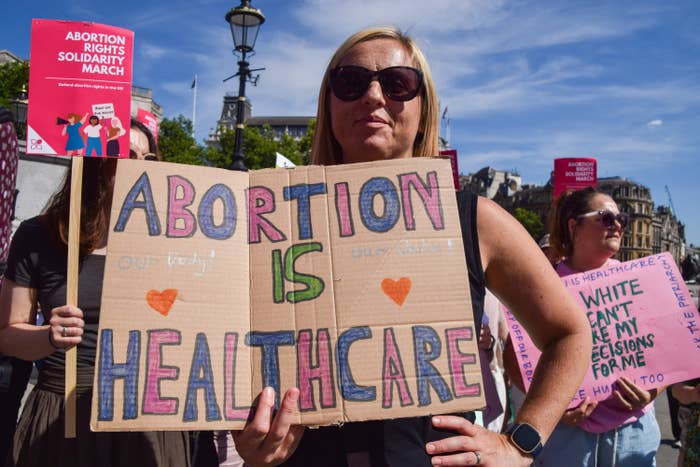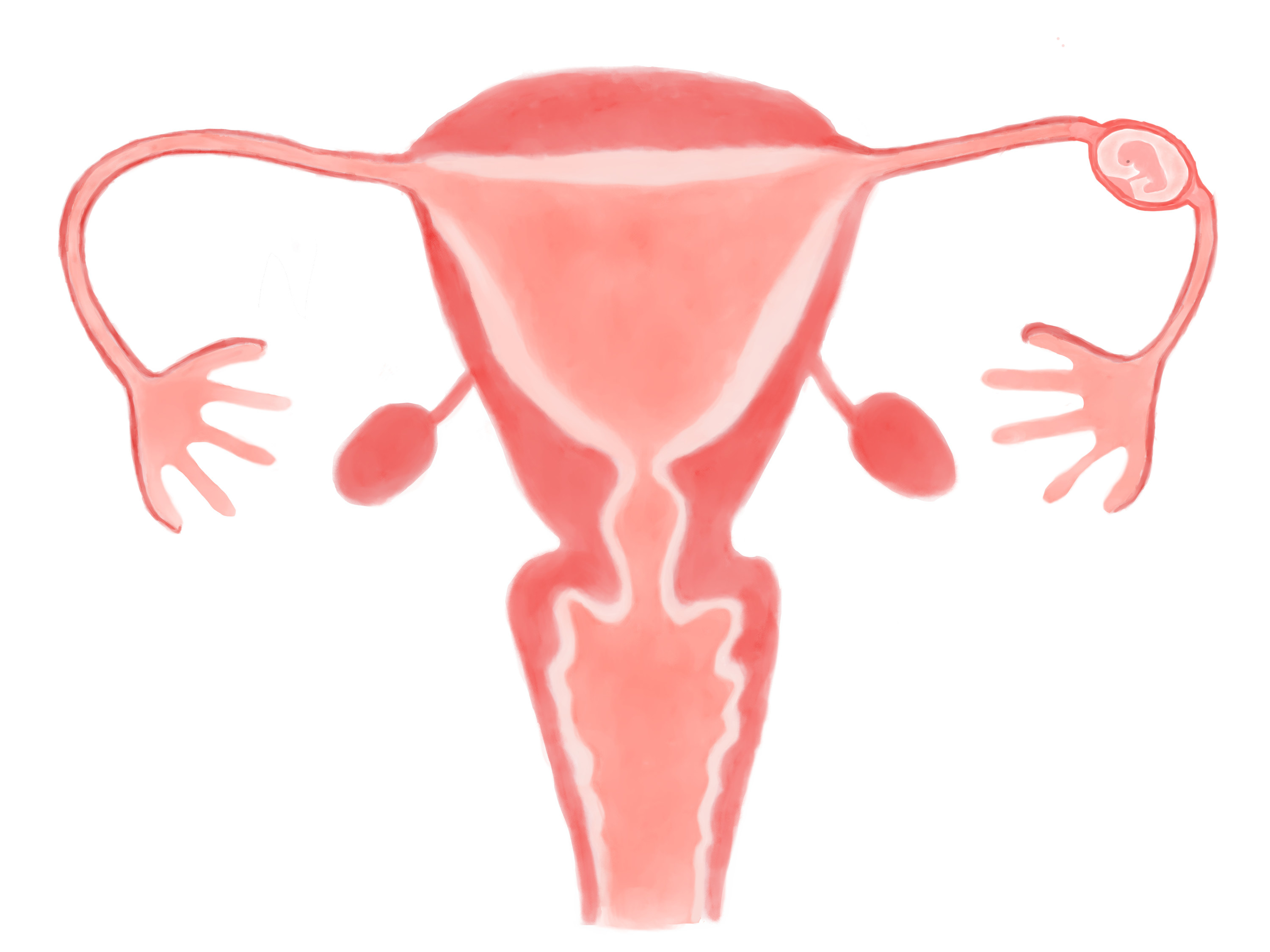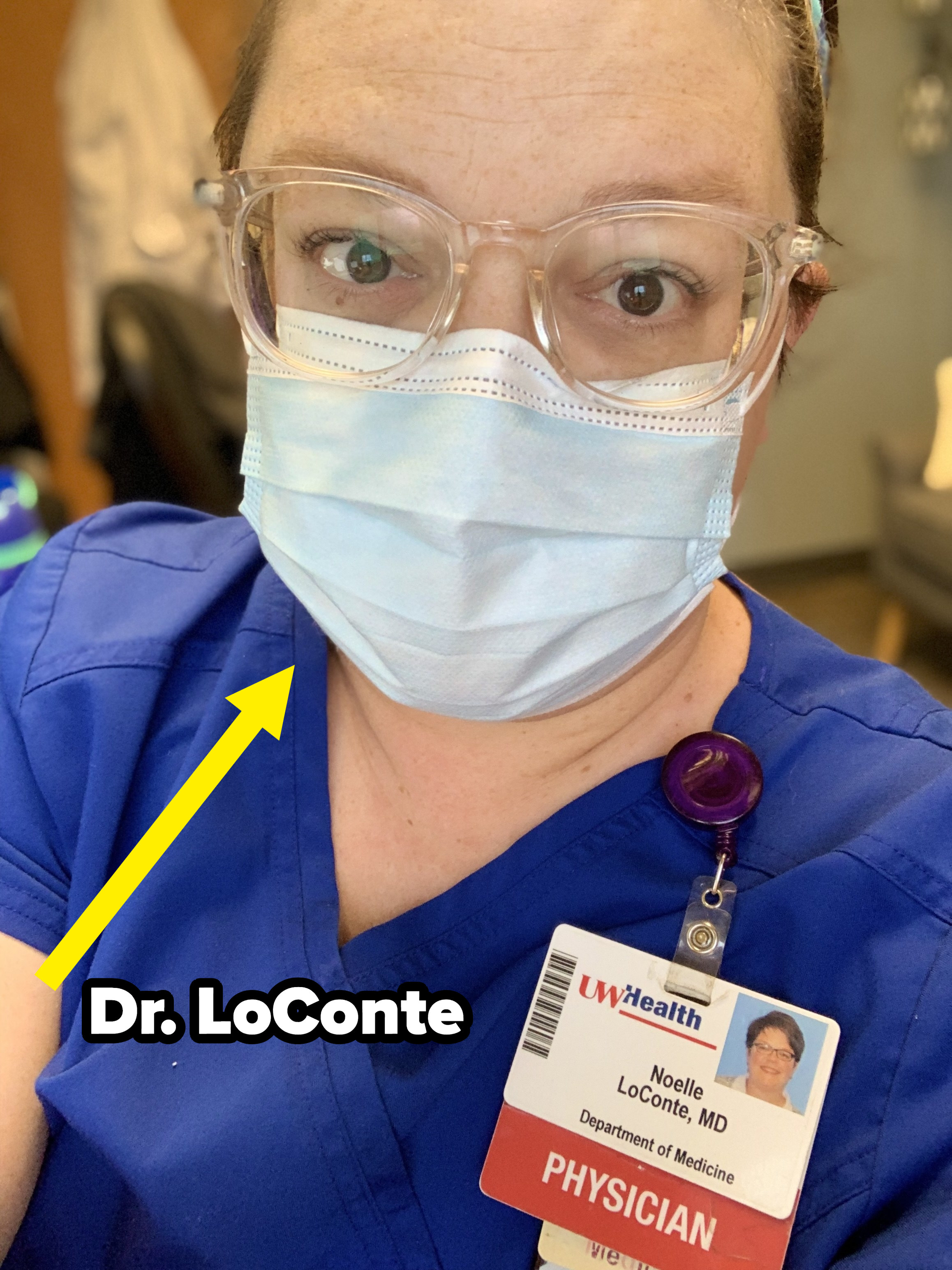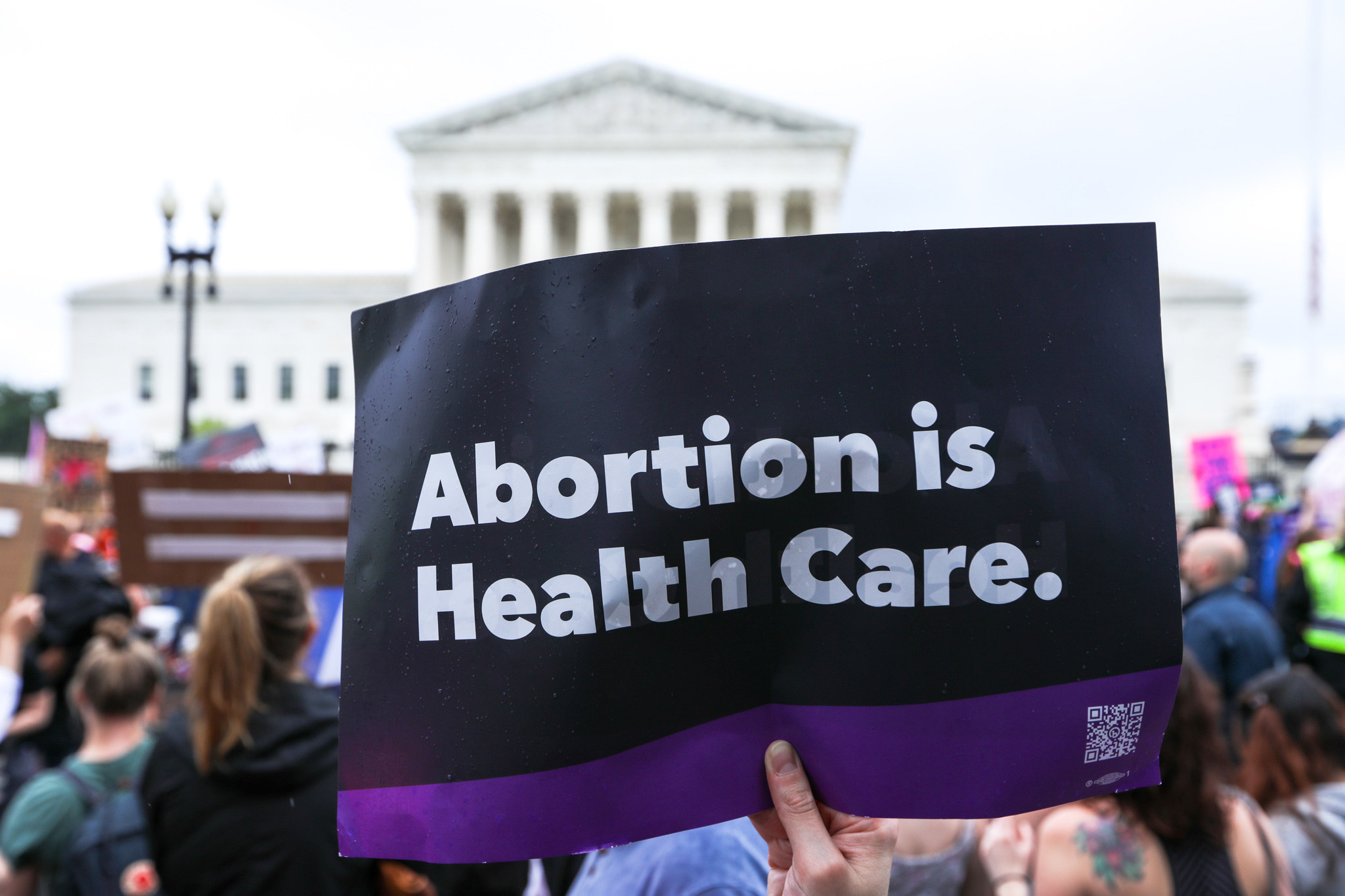By now, you know that the Supreme Court overturned Roe v. Wade, the landmark decision that has protected citizens' right to have a safe and legal abortion for nearly 50 years. Since then, people have begun pointing out all the necessary roles abortion plays in healthcare.

Similarly necessary is the use of abortion in the case of ectopic pregnancies — when the egg implants in the fallopian tube instead of the uterus, thereby making the pregnancy dangerous and even fatal for the pregnant person. In these cases, it is impossible for the fetus to survive, and the pregnancy must be terminated.

And laws that restrict and/or criminalize abortion have led to the spread of misinformation about the human body — such as Texas's six-week abortion ban, misguidedly nicknamed the "heartbeat bill," which suggests a fetus has a heartbeat at that stage. To be clear, a fetus does not develop a heart until eight weeks after a pregnant person's last menstrual cycle. The "heartbeat" the bill refers to is actually just electrical signals from a bunch of cells.
The medical need for abortion in different specialties of healthcare does not end there, as shown recently when oncologist Dr. Noelle LoConte shared the following on Twitter: "I have had patients that needed to get an abortion to allow safe treatment of their cancer."
I am an oncologist. I have had patients that needed to get an abortion to allow safe treatment of their cancer. Abortion absolutely is a part of healthcare.
As an oncologist, Dr. LoConte works to diagnose and treat people suffering from cancer, and — maybe this seems obvious — pregnant people are people too.

To learn more about the experience of pregnant people who visit her office, I spoke to Dr. LoConte, who said she comes across two situations: either the patient is already pregnant and then is diagnosed with cancer during their pregnancy or at the time of pregnancy confirmation, or a patient who is already undergoing chemotherapy or radiation becomes pregnant.

In these cases, she said, "It is not safe to give chemotherapy in the first trimester, and although safer, [there is] still considerable risk in the second and third trimester." Meanwhile, "radiation is never safe in pregnancy."
Whether a person needs chemotherapy (which uses drugs to shrink or kill cancer cells) or radiation (which uses high-energy beams to kill cancer cells) depends on what stage the patient's cancer has developed to and, sometimes, doctors will use a combination of both as treatment.
Either way, both treatments are among the most effective when it comes to treating cancer.
"In addition, many of the radiology studies we use (CT scans, PET scans, etc.) are not safe in pregnancy, so we cannot determine complete staging (I-IV) of the cancer while [the patient is] pregnant," Dr. LoConte said. "So, we would normally speak to a patient about options, which would include termination of pregnancy to allow for treatment of cancer, delaying cancer-related treatment until the baby is delivered, or forgoing cancer-related treatment or choosing an alternate schedule, like surgery while pregnant and chemo after the baby is born."
"It is a complicated decision," she said. "Some cancers can wait months to be treated, most cannot."

Importantly, Dr. LoConte also stressed that laws written with exceptions in cases where the life of the birthing person is at risk does not apply to patients with cancer, because "these patients are often not imminently dying," she said.
If a pregnant person with cancer cannot access abortion care, Dr. LoConte said the outcome can depend on the patient's overall health, the stage of their cancer, and how far along they are. But "as the patient continues to carry their pregnancy, without treatment, their cancer will progress and, depending on the cancer, may cause the death of the patient and the fetus."
"At the very least, the patient will need more treatment after the pregnancy — like a more aggressive surgery or more chemotherapy — if they are still curable.
There is a good chance we have lost the chance of cure. As I am sure most people realize, cancer is best treated in its earliest stage, and a later stage cancer corresponds to a lower cure rate," she said.

This is why Dr. LoConte believes having an understanding of the wider scope that abortion access has across medicine is essential. "[People who are anti-abortion] are not considering the broad scope of needs when it comes to termination of pregnancy and the after effects of forcing people to carry pregnancies. Women (and people with uteri) will die, I am 100% certain of this," she said. "If we value life, let us value all life. Not everyone who is pregnant can carry that pregnancy without compromising their own health."

"I cannot practice as an oncologist without the ability to speak to patients about ALL the options for treatment of their cancer, and for my patients to be able to access the treatment that is in line with their values," Dr. LoConte said. "It is a routine part of care for people who can be pregnant and have other health concerns."
And if you'd like to learn more from Dr. LoConte, you can follow her on Twitter.
BuzzFeed supports a person’s right to an abortion. If you, like us, feel impassioned about abortion rights, learn more or find a local fund to donate to here.

